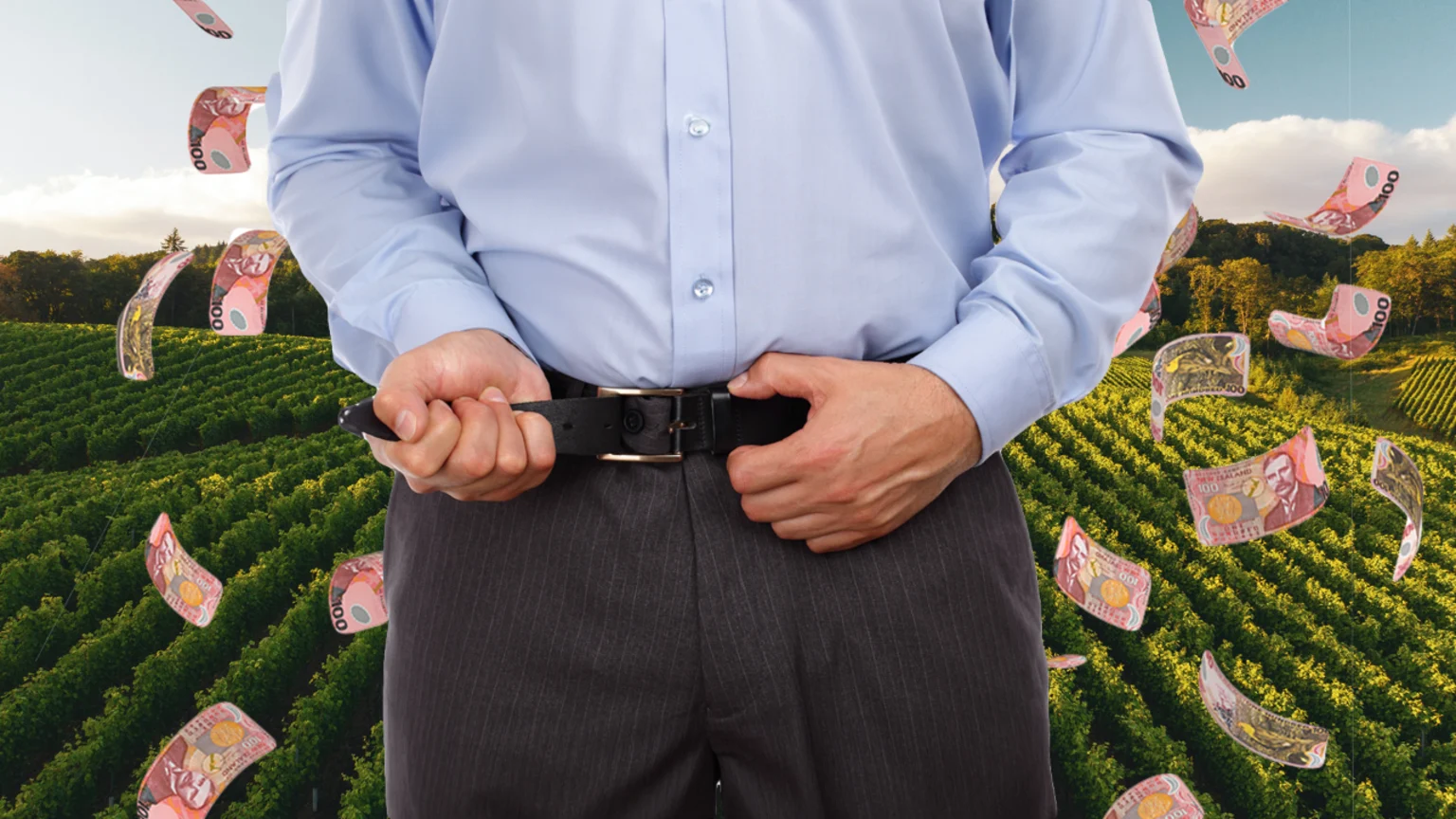Rural
Rural NZ facing 'significant tightening of belts' as on-farm inflation hits 40-year high

Published by Dominic George
30 May 2023
For the second year in a row, sheep and beef farmers are facing on-farm inflation levels not seen since the early 1980s which is having a significant impact on the agricultural sector and rural communities.
A Sheep and Beef on-farm inflation report shows a 40-year high and Beef & Lamb NZ CEO Sam McIvor told REX host Dominic George that the data reflects how those working in the agricultural and rural sectors are feeling right now.
"At 16.3% [on-farm inflation] is two and a half times the consumer price inflation rate," McIvor said.
"So we can see why farmers are really feeling it at the moment."
Interest rates are a big driver of a roughly 87% increase in interest costs over the last year while feeding and grazing are up around 15% and fertiliser lime seeds have seen an increase of around 14%.
"Farmers put in NZ$100 million a week into rural communities in New Zealand so we can see they will certainly be pulling back on that and that ripple will be felt throughout our rural communities."
Based on estimated on-farm inflation, Beef & Lamb forecast a roughly 30% decrease in the average farm profit but McIvor isn't optimistic that figure is going to improve any time soon.
While he didn't have exact numbers, the latest figures from a Baker & Associates industry update last week were not positive.
"On both Dairy farms and Sheep & Beef farms it's fair to say there was a fair bit of red on the bottom lines.
"Farmers are absolutely feeling it at the moment and that's the feedback we are getting."
He told George the Government are proposing a lot of costly, one-size fits all SNA regulations that are going to add more cost to farmers instead of saving them money, compounding their already ongoing financial issues.
"What the Government is proposing is a whole lot of costly, one size fits all SNA regulations that are just going to cost farmers more.
"Farmers are being forced to pay for expensive consents when actually the government said they were going to offer up a low-cost system by way of a farm plan.
"There is just one thing after another which is impractical, ill-founded and expensive for farmers and it's got to stop."
Published by Dominic George
30 May 2023